Students stepped out of their classrooms to make the most of their race-ready buggies at Mahindra Baja SAE India 2019
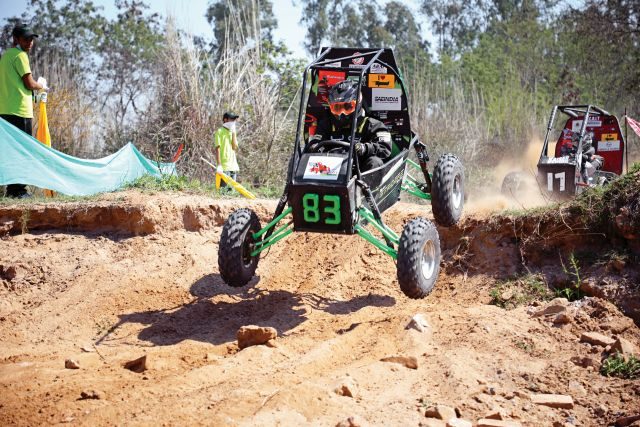
Story: Joshua Varghese
Photography: Mahindra
Mahindra Baja SAE India 2019 was back in its 12th edition and we were at hand to witness the second leg of the competition at IIT-Ropar.
This year, the theme for this highly competitive event was “Adventure Reloaded”.
Baja SAE India is limited to engineering college students and is being held since 2007. Engineering colleges across the country form teams to represent their institutions. These students have to brainstorm and build a race-ready, all-terrain four-wheeler completely from scratch.
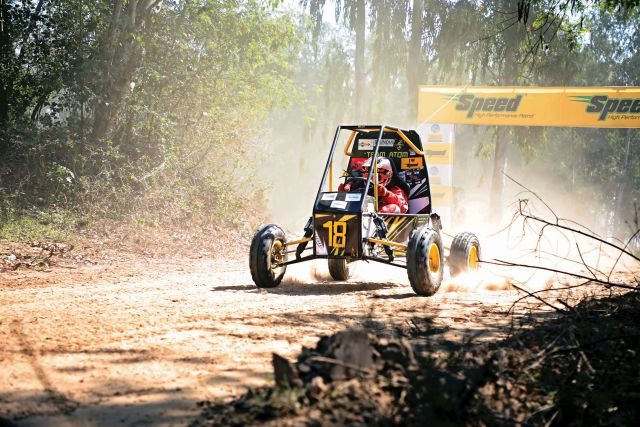
Let us take a close look at what happens behind the scenes before the main event. It begins with Static Evaluation which comprises design evaluation, cost evaluation, and marketing presentation. Next comes Dynamic Evaluation wherein the vehicle is tested for parameters such as acceleration, sledge pull, manoeuvrability, and suspension and traction. Furthermore, each team’s vehicle is also scrutinized for engineering design, CAE, cost, and technological innovation. Then comes the four-hour-long endurance race.
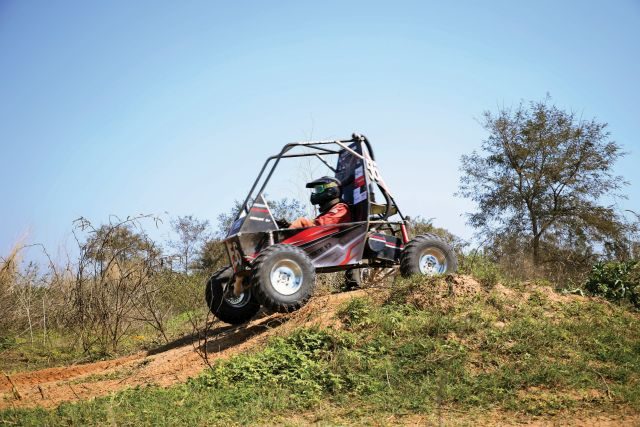
As you may have guessed already, simply pumping in money to build the best car will not secure you a place in the finals. For starters, the engine is standard for all competitors while the teams are allowed to design their own transmissions. Wait. There is a catch. There is a strict speed limit of 60 km/h. Additionally, they have to make sure that the vehicle is safe and easy to transport, assemble, and maintain. That is roughly the work that goes into building a production car that most of us use in our day-to-day life. Obviously, they have to wield the tools themselves and not outsource the job to a professional fabricator.
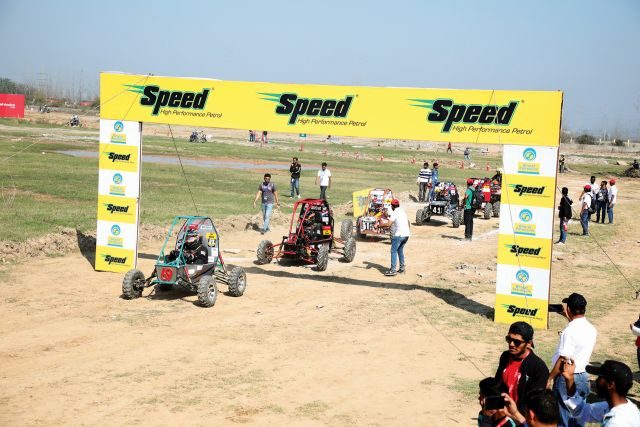
Of the 363 teams that registered, a significant 251 qualified for the finale; however, only 46 teams made it to the Endurance round. These teams had to endure a four-hour-long race around a 2.98-km racetrack that was replete with sand traps, sharp corners, and steep inclines. Pace, then, was not the primary concern; survival was. With each lap, the terrain shifted slightly. While the smart drivers adjusted their lines and pace to accommodate the change, the careless ones were quickly dismissed by the track. Immediately after the first elimination, the marshals were constantly at work pushing broken-down vehicles into the safe zone. The Endurance round assessed each vehicle’s ability to operate continuously at a good speed over rough terrain and, at the end of the race, there were a few who tamed the track in the cars they had built themselves — 26 teams to be precise.
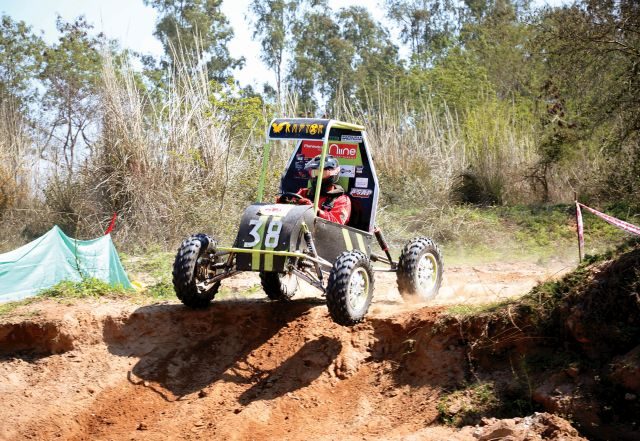
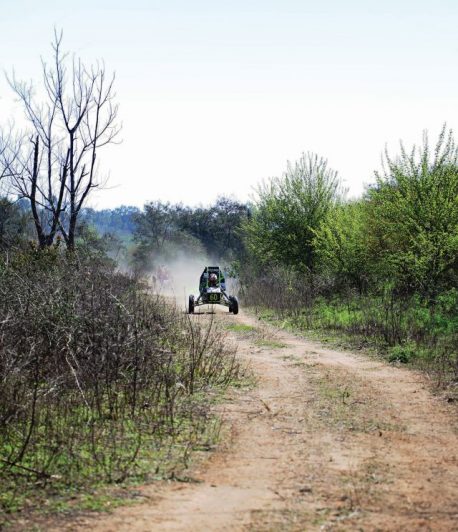
As the dust settled, it was time to hand out the prizes. The Sandip Institute of Engineering and Management, Nashik, won the mBaja crown (Rs 2.5 lakh). In second place was Rashtreeya Vidyalaya College of Engineering, Bengaluru, followed by Shri Guru Gobind Singhji Institute of Engineering and Technology, Nanded, in third.
This year, Dr Jayaraman from Dr Mahalingam College of Engineering and Technology, Tamil Nadu, was awarded the prestigious Dronacharaya Award. The girls from Shri Vishnu College of Engineering, Andhra Pradesh, took home the Cost Evaluation award. They made their vehicle by spending only Rs 2.82 lakh.


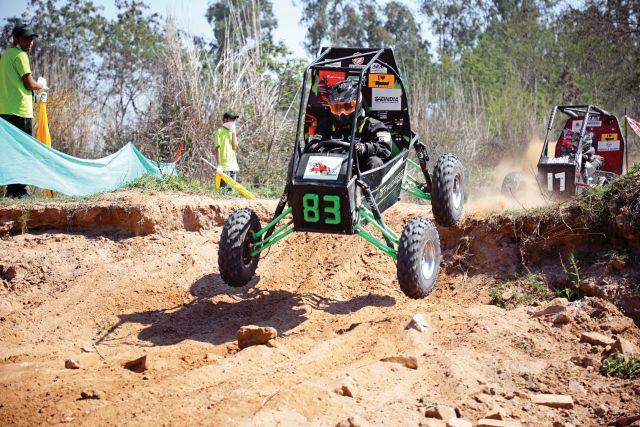


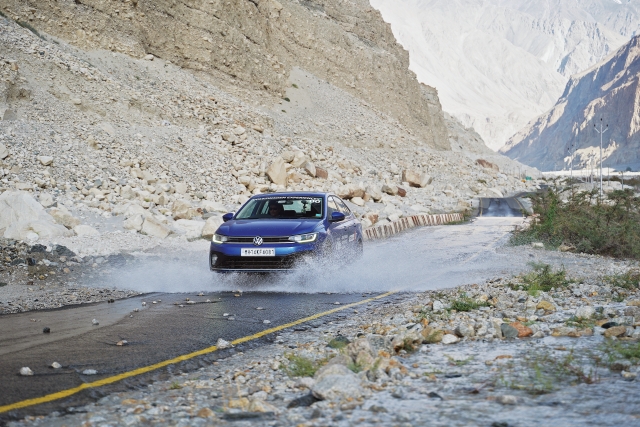
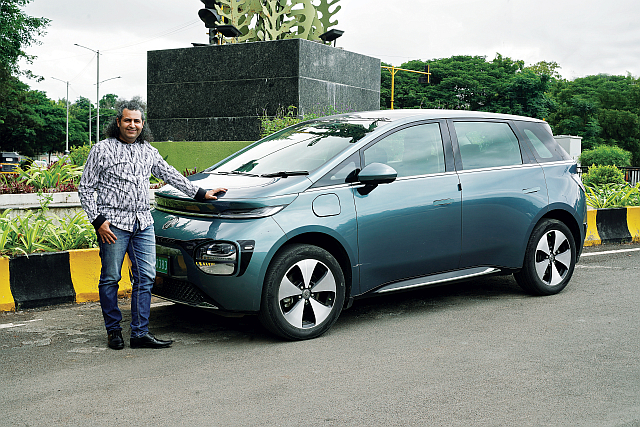
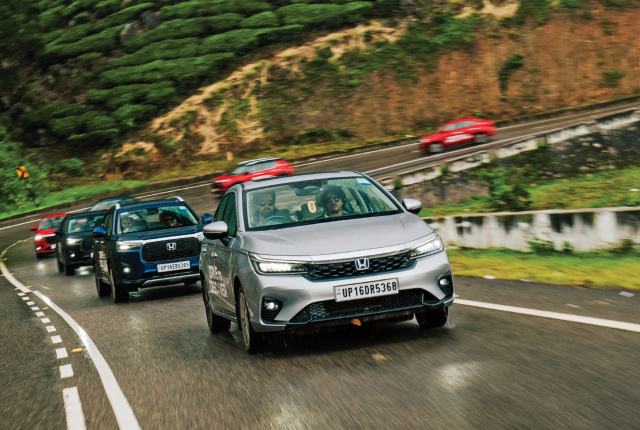
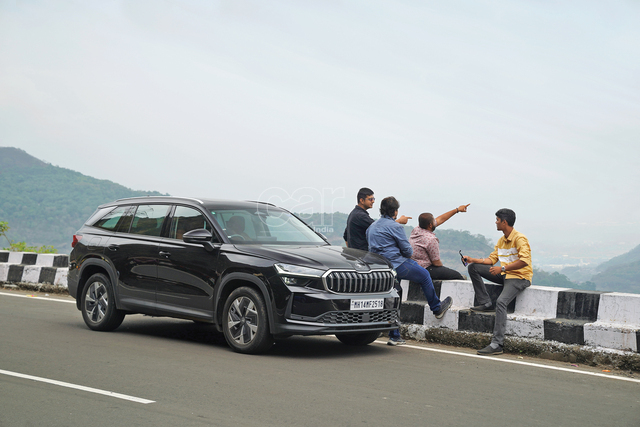

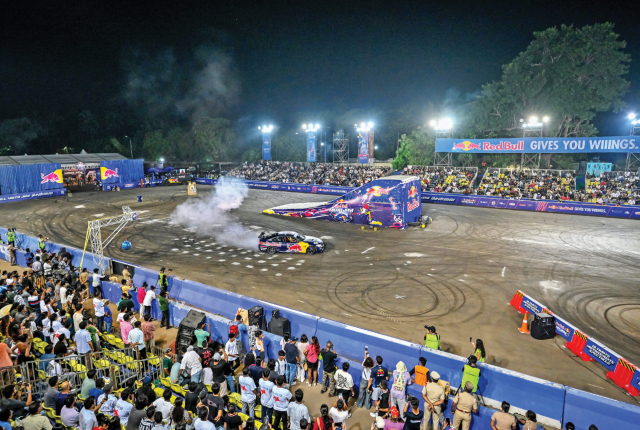
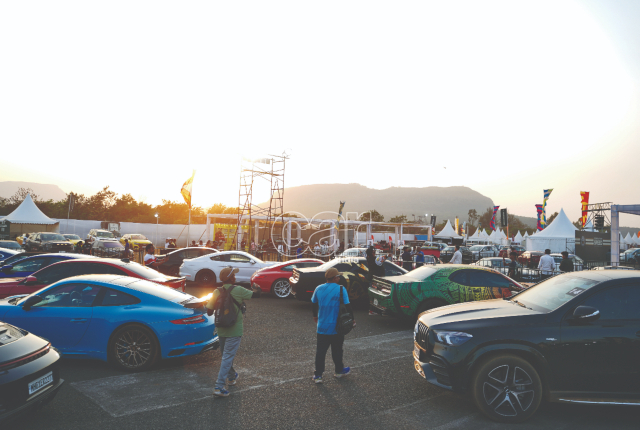


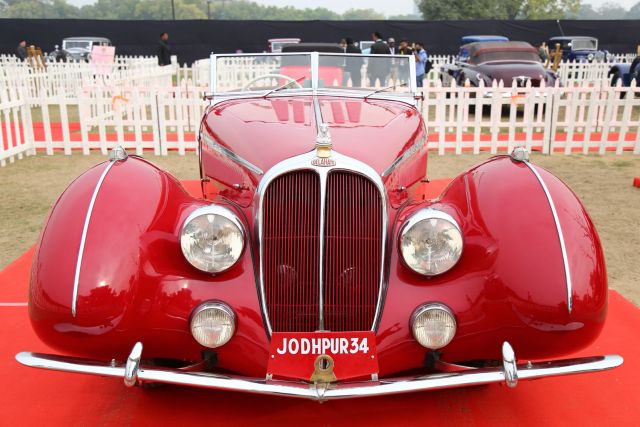
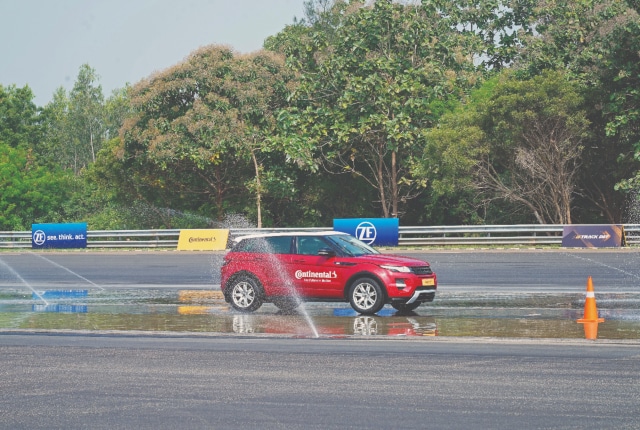


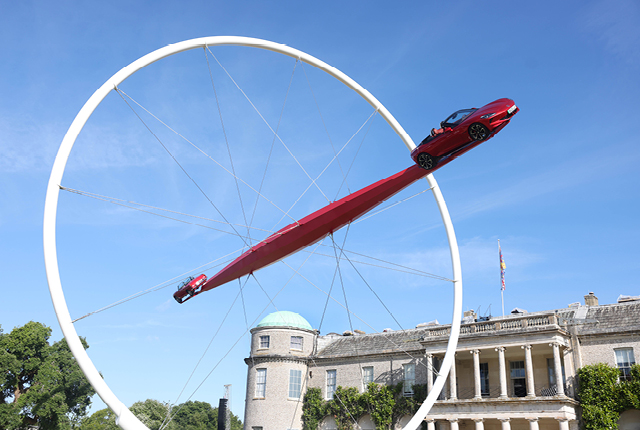

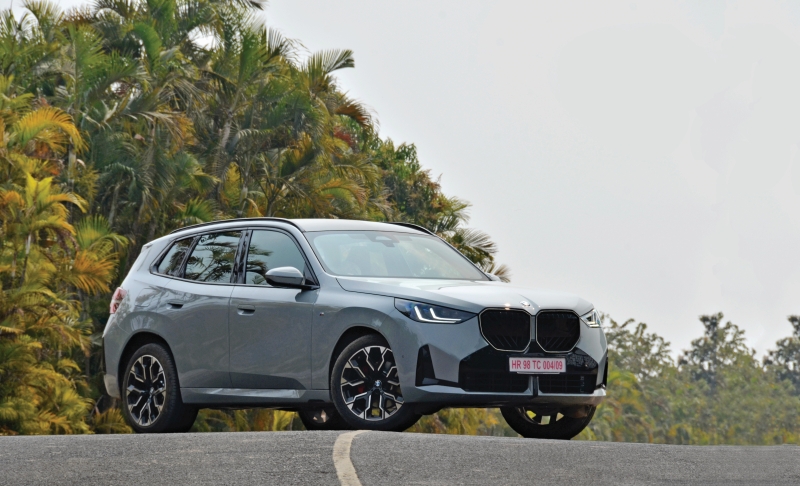

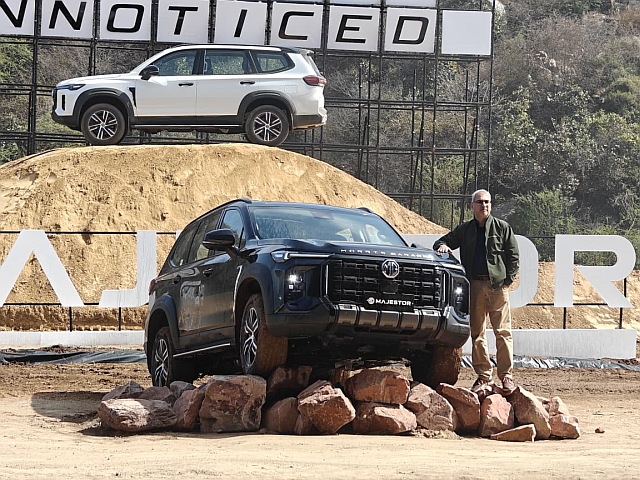
Leave a Reply